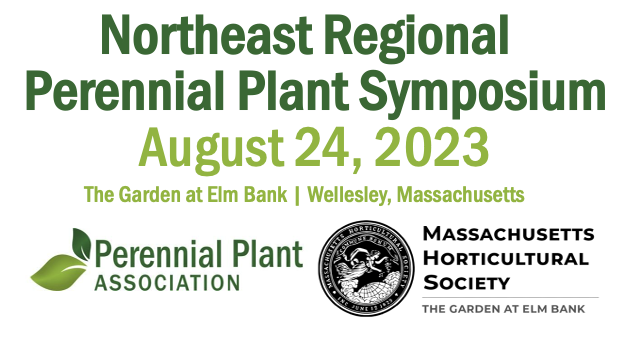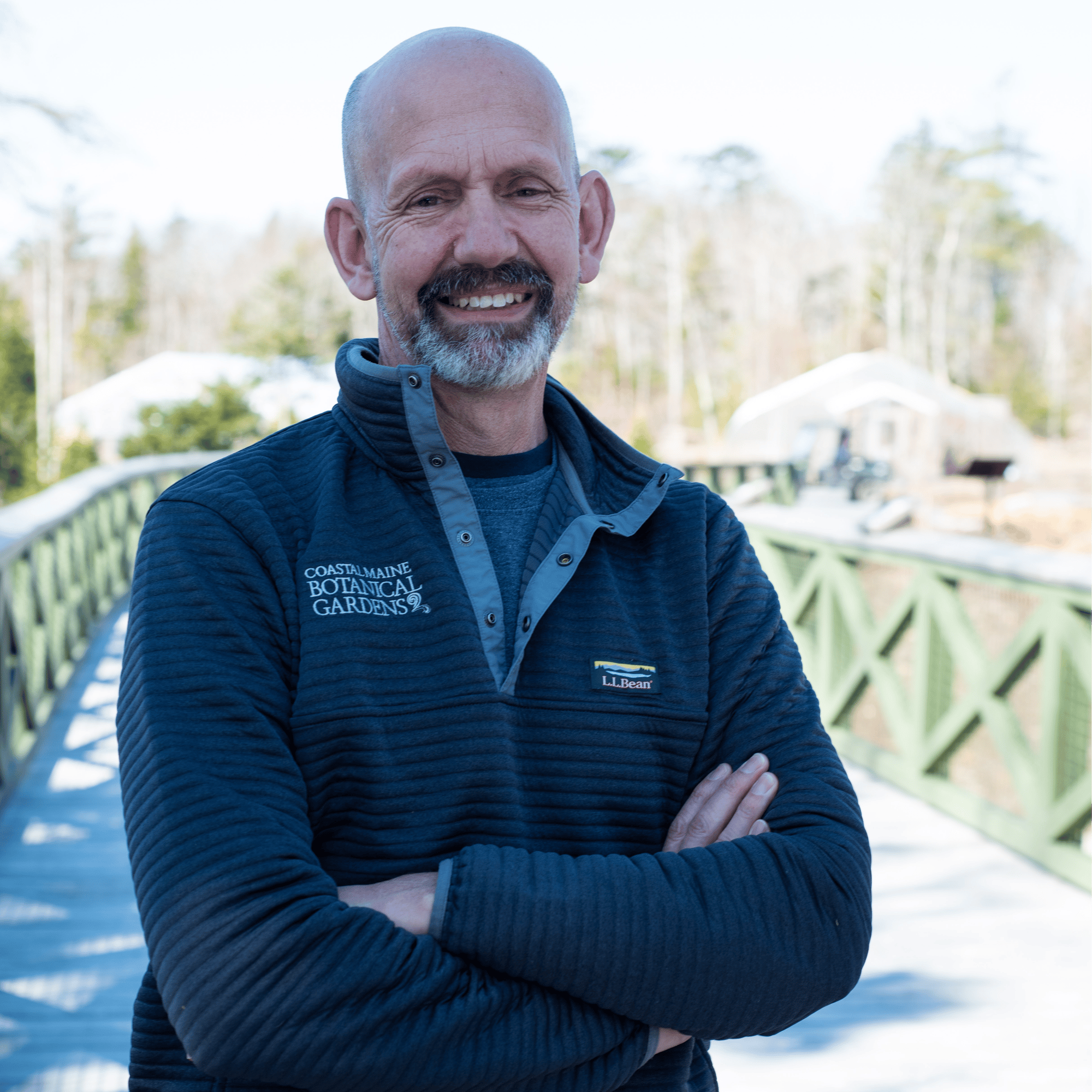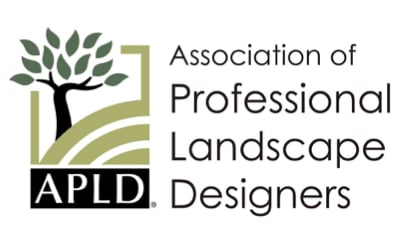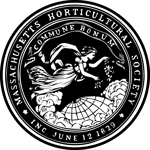
Featured Speakers

Andrew Brand
Andy was born and raised in Connecticut. He graduated from the University of CT with BS and MS degrees in Environmental Horticulture and Plant Science respectively. For 27 years, he was employed at Broken Arrow Nursery in Hamden, CT where he was the nursery manager and played an integral role in introducing several valuable plants to the nursery trade including Clethra alnifolia ‘Ruby Spice’. In March 2018, Andy joined the staff at the Coastal Maine Botanical Garden as Curator of Living Collections. His responsibilities included plant selection and introducing new plants to the Garden’s collection while maintaining plant records and labels. In November 2021, Andy was named Director of Horticulture. He oversees a staff of 22 fulltime and seasonal employees.

Marie Chieppo
Ecological Landscape Designer
Accredited Organic Land Care
ProfessionalEcoPlantPlans, LLC
Marie Chieppo is a certified native plant designer and horticulturalist who works with natural systems to create beautiful resilient landscapes. Her background in science provides a valuable framework for her ecological work. Now in her 26th year of business, her focus is educating and working with people to help them be good land stewards and to care for the environment. Currently, she consults with homeowners and companies to help increase biodiversity through design and works at Hyannis Country Gardens offering advice to customers about sustainable choices for their landscapes within Cape Cod’s ecosystem. Marie is an avid advocate of the environment working on alternative material for unsustainable plastic plant containers and sourcing ways to increase recycling of them (check out the Healthy Pots Healthy Planet initiative she supports). She also loves writing for several publications and teaching when the opportunity arises.

Uli Lorimer
UIi Lorimer is the Director of Horticulture for Native Plant Trust. He oversees the facilities and operations at Garden in the Woods and at Nasami Farm in eastern Massachusetts. Uli brings 20 years of experience working with native plants in public gardens with previous positions at Brooklyn Botanic Garden, Wave Hill Garden and the US National Arboretum. He is a tireless advocate for the use of native plants in designed spaces through his public speaking, writing, lectures and media appearances. Uli feels most grounded with his hands in the soil.

John Magee
John Magee has been designing and building landscapes in the Washington DC Metro area and beyond for the past 30 years. After receiving his B.S. degree in Agriculture from the Ohio State University and spending a few years training and showing horses, he settled into the industry as the General Foreman of Pennsylvania’s highest award-winning landscape firm. While in Pennsylvania, he became a volunteer at Hawk Mountain Sanctuary where he met his wife Susana and was introduced to habitat gardening and the use of native plants in the landscape. He now operates his own award-winning design firm (Magee Design) in the beautiful countryside of Middleburg, VA where he also enjoys kayaking and taking long walks with his wife and dog Chewy. He created and hosts the award-winning Native Plant Podcast to help inform the public about the benefits of landscaping with native plants.
Agenda & Sessions
-
Let's Talk About This
John Magee
Ecological responsibility and landscape design have finally intersected and now go hand-in-hand. The demand and goals of public and private gardens alike, are to strive to be more sustainable and wildlife friendly. How can the horticulture industry support the shift to avoid invasive species and the damage they can do? How can we better design our landscapes to evade the pitfalls of potential ecological collapse? John will start by showing examples of invasive species that have escaped cultivation and the ecological ramifications they can cause, then share beautiful garden designs with more native plants, and natural areas for inspiration. We can make a difference, and still have gorgeous designs, so let’s talk about this!
-
Spectacular Native Plants: Beauty and Biodiversity of the Northeast
Andrew Brand
Landscapes today are all too often composed of mostly exotic species from around the world. While such landscapes may be aesthetically pleasing, they typically do not support the diversity of species that is found in properties made up mostly of native species. The popularity of native plants has grown leaps and bounds recently and rightfully so. They’re tough and durable, demonstrate good resistance to drought, insects, and disease, provide food and habitat for wildlife, and they’re beautiful. Andy will present a selection of native plants describing their attributes, habitat needs and the important roles they play in increasing biodiversity in our yards.
-
Spoiled for Choice: Becoming an Informed Consumer of Native Plants
Uli Lorimer
With such a dizzying array of choices on the market, making informed decisions on what to plant can be daunting. With new cultivars and selections still driven by aesthetics, how do ecologically conscious gardeners decide what is best for their gardens and for local ecosystems? Mother nature's designs are often best for wildlife but not always. This talk seeks to illuminate the issues regarding native species, cultivars, selections and hybrids, while balancing concerns about genetic diversity, climate change and personal choice. -
Let your Landscape Work for You: Designing for Resilience and Sustainability
Marie Chieppo
Last summer’s extreme heat and drought followed by this winter’s unusually warm temperatures has created a surge of demand for native species. When they are planted in the proper conditions, native plants are inherently tolerant of stressors. We can enhance the overall sustainability on our properties with design techniques that utilize plant’s structure, size and growth habits. Knowing how a plant reproduces can help create carpets of green mulch that replace the annual need for regular mulch. Weed pressure is drastically reduced and wildlife benefits from a ground layer of food and habitat. We will discuss such examples and more.
You will learn about:
- The natural processes that support the health and vibrancy of our gardens.
- Design techniques that utilize plants size, form and means of reproduction to reduce the use of resources.
- How we can incorporate native plants into our existent landscapes.
Let's Talk About This
John Magee
Ecological responsibility and landscape design have finally intersected and now go hand-in-hand. The demand and goals of public and private gardens alike, are to strive to be more sustainable and wildlife friendly. How can the horticulture industry support the shift to avoid invasive species and the damage they can do? How can we better design our landscapes to evade the pitfalls of potential ecological collapse? John will start by showing examples of invasive species that have escaped cultivation and the ecological ramifications they can cause, then share beautiful garden designs with more native plants, and natural areas for inspiration. We can make a difference, and still have gorgeous designs, so let’s talk about this!
Spectacular Native Plants: Beauty and Biodiversity of the Northeast
Andrew Brand
Landscapes today are all too often composed of mostly exotic species from around the world. While such landscapes may be aesthetically pleasing, they typically do not support the diversity of species that is found in properties made up mostly of native species. The popularity of native plants has grown leaps and bounds recently and rightfully so. They’re tough and durable, demonstrate good resistance to drought, insects, and disease, provide food and habitat for wildlife, and they’re beautiful. Andy will present a selection of native plants describing their attributes, habitat needs and the important roles they play in increasing biodiversity in our yards.
Spoiled for Choice: Becoming an Informed Consumer of Native Plants
Uli Lorimer
With such a dizzying array of choices on the market, making informed decisions on what to plant can be daunting. With new cultivars and selections still driven by aesthetics, how do ecologically conscious gardeners decide what is best for their gardens and for local ecosystems? Mother nature's designs are often best for wildlife but not always. This talk seeks to illuminate the issues regarding native species, cultivars, selections and hybrids, while balancing concerns about genetic diversity, climate change and personal choice.
Let your Landscape Work for You: Designing for Resilience and Sustainability
Marie Chieppo
Last summer’s extreme heat and drought followed by this winter’s unusually warm temperatures has created a surge of demand for native species. When they are planted in the proper conditions, native plants are inherently tolerant of stressors. We can enhance the overall sustainability on our properties with design techniques that utilize plant’s structure, size and growth habits. Knowing how a plant reproduces can help create carpets of green mulch that replace the annual need for regular mulch. Weed pressure is drastically reduced and wildlife benefits from a ground layer of food and habitat. We will discuss such examples and more.
You will learn about:
- The natural processes that support the health and vibrancy of our gardens.
- Design techniques that utilize plants size, form and means of reproduction to reduce the use of resources.
- How we can incorporate native plants into our existent landscapes.

CEU Credits
The Northeast Regional Perennial Plant Symposium is eligible for 4.0 CEU credits from the Association of Professional Landscape Designers (APLD).
Registration is now closed!

SINCE
1829.
Massachusetts Horticultural Society is dedicated to encouraging the science and practice of horticulture and to developing the public’s enjoyment, appreciation, and understanding of plants and the environment.